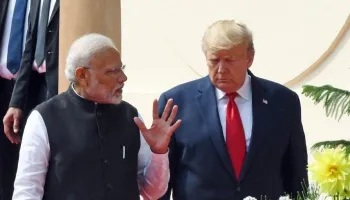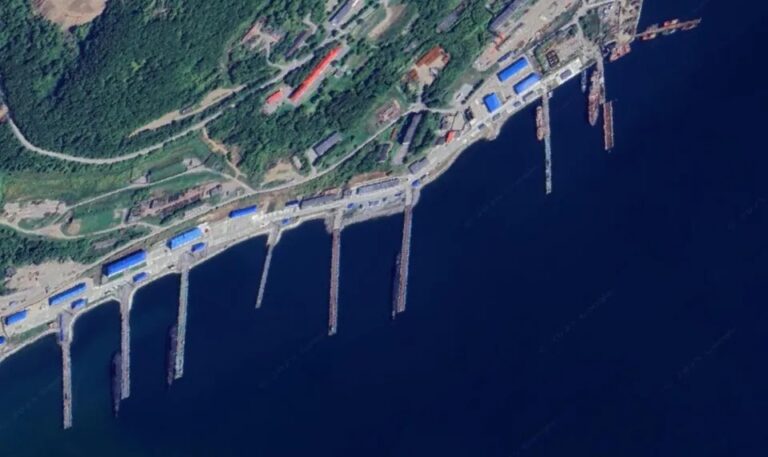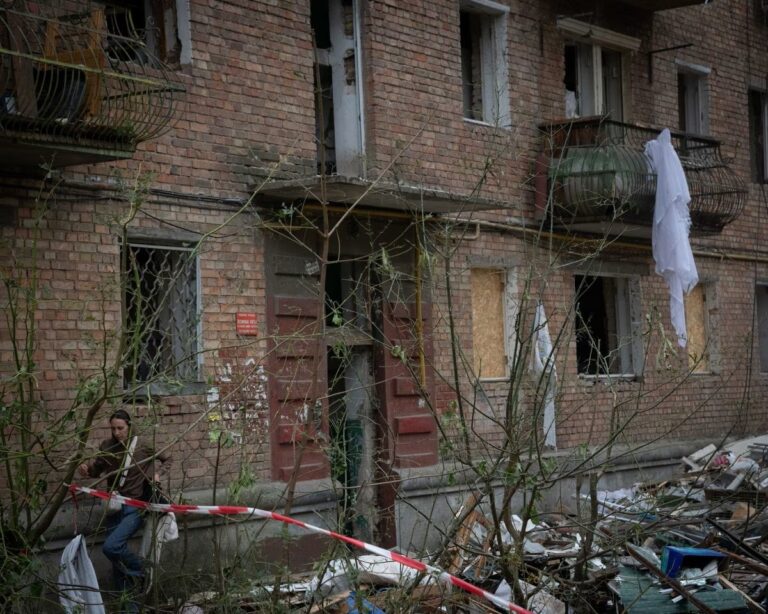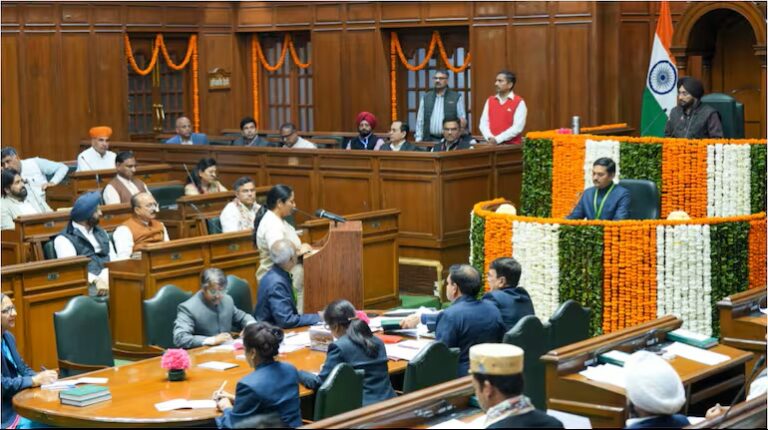
The Indian government’s fact-check unit dismissed rumours of a financial emergency following Trump’s 25% tariff on Indian goods.
Amid swirling social media rumours, the Indian government fact-check unit debunked claims that a financial emergency had been declared in the country following US President Donald Trump’s announcement of a 25% tariff on Indian goods.
According to the PIB Fact Check, the false claim, which was amplified by a Pakistani propaganda account, suggested that India had entered a state of financial emergency after its markets reportedly lost $60 billion in value following Trump’s tariff announcement.
On Friday, the Indian government confirmed that this information was entirely baseless and fabricated.
What’s the claim?
A social media post, widely shared by several non-official accounts, alleged that India had declared a financial emergency due to the economic impact of US trade actions.
The post claimed that this supposed emergency was triggered by market losses caused by Trump’s 25% import duty on Indian goods, which will take effect on August 1.
What’s the truth?
India’s official fact-checking body under the Press Information Bureau (PIB) swiftly responded to the viral claim, calling it “fake news”. There has been no financial emergency declared, and the country continues to operate under normal financial and constitutional conditions.
“A Pakistani propaganda account is claiming that a financial emergency has been declared in India following a $60 billion market wipeout due to a 25% tariff announced by Donald Trump. This claim is fake,” a PIB Fact Check post said.
US tariffs on Indian exports
US President Donald Trump said Wednesday imports from India will face 25% tariffs, while also announcing an unspecified “penalty” over New Delhi’s purchases of Russian weapons and energy.
The 25% tariff on India would be marginally lower than the rate announced in April, but is higher than those of other Asian countries that have struck preliminary trade agreements with Washington.
Trump announced a slew of new tariffs, including a 10% global minimum and 15% or higher duties for countries with trade surpluses with the US, forging ahead with his turbulent effort to reshape international commerce.
Major industrialised economies, including the European Union, Japan, and South Korea, imposed 15% duties on their products, while charges on items from Mexico, Canada, and China are even higher.





